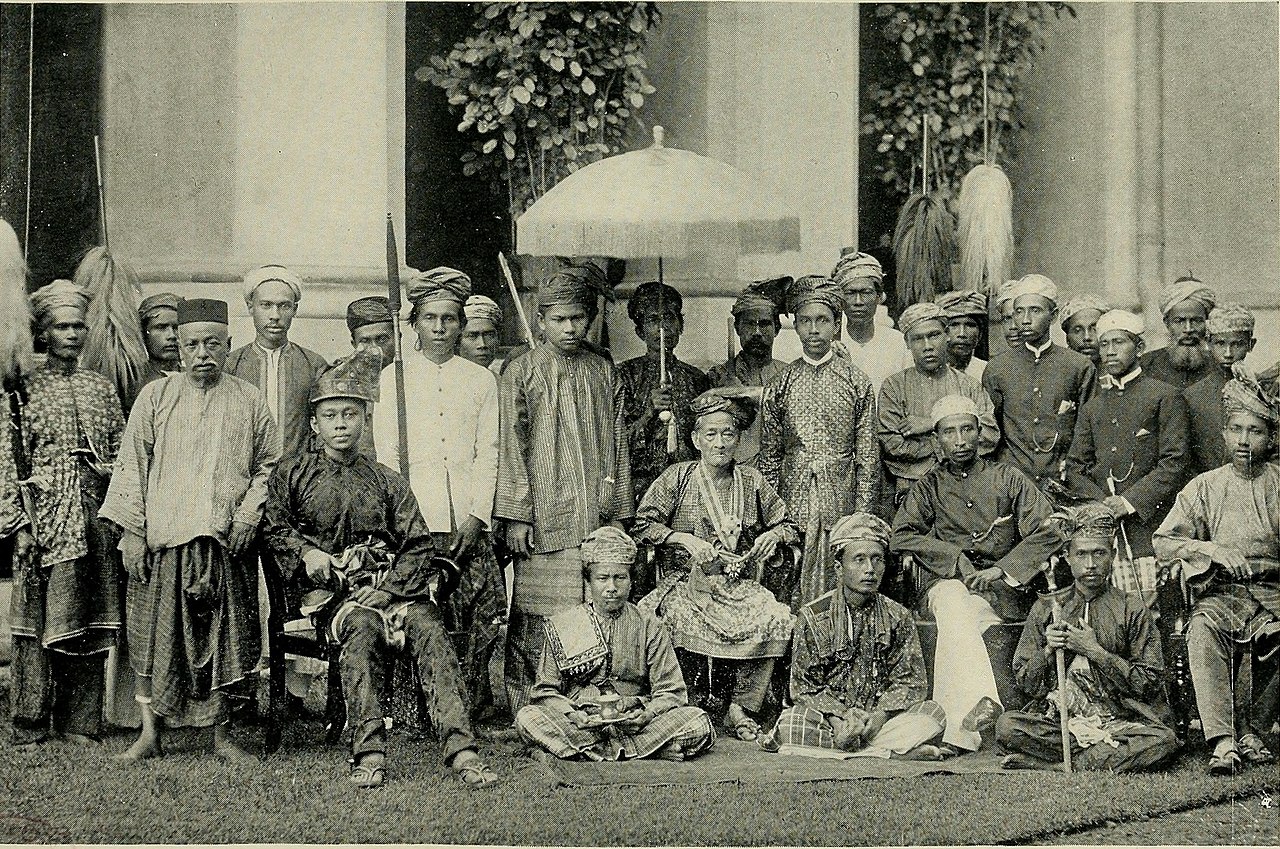Top image: Flickr The Commons
“Today, 44 years later, we have a Malay community, I believe, at peace, convinced that we are not discriminating against them, convinced that we are including them in our society,” said then Minister Mentor Lee Kuan Yew in his speech on August 19 2009, on nation-building tenets, as part of his elucidation of Article 152 of the Constitution.
Mr Lee’s speech was in response to a question by Nominated MP Viswa Sadasivan, who asked if it was time for Singapore to move beyond race and treat everyone as an equal.
ADVERTISEMENT
Still, when asked about majority privilege in the recent IPS survey conducted last year on race relations, 67.9 per cent of Malay respondents agreed or strongly agreed that being of the majority race is an advantage, while 66.9 per cent of Malay respondents agreed or strongly agreed that members of the majority race generally have more resources and opportunities than other races.
Additionally, over one-third of Malay respondents agreed or strongly agreed that the majority race has it easier in various aspects of life.
For some, the survey results may seem perplexing, given that Article 152 of the Constitution enshrines the special position of Malays. Still, the enshrinement doesn’t make Malay feel any less strongly about how minorities have fewer opportunities and resources, that the majority race has it easier, and that majority privilege exists.
Defining Article 152
Minorities and special position of Malays
152.—(1) It shall be the responsibility of the Government constantly to care for the interests of the racial and religious minorities in Singapore.
(2) The Government shall exercise its functions in such manner as to recognise the special position of the Malays, who are the indigenous people of Singapore, and accordingly it shall be the responsibility of the Government to protect, safeguard, support, foster and promote their political, educational, religious, economic, social and cultural interests and the Malay language.
However, one only has to look at Singapore’s post-independence history to realise that these articles in the Constitution are merely declaratory. At the time of independence, these declarations were made to reassure the Malays that they would not be treated less than, now that they had become part of the minority race overnight after Singapore’s separation from Malaysia.
In the same 2009 speech on the tenets of nation-building in Parliament, Mr Lee added, “At that moment in 1965, my worry was, what would the Malays in Singapore do, now that they knew they were a minority, and that we would wreak havoc with them as we were made to suffer when we were a minority.”
It was also arguably a political move by Singapore’s ruling party to win loyalty from the Malays in Singapore. They wanted to persuade the Malays to identify with an independent Singapore rather than as Malaysians or Indonesians.
The existence of Article 152 may have given Singaporeans the impression that “Malay privilege” exists while causing the Malay community to second-guess how this “special position” coheres with our lived realities.
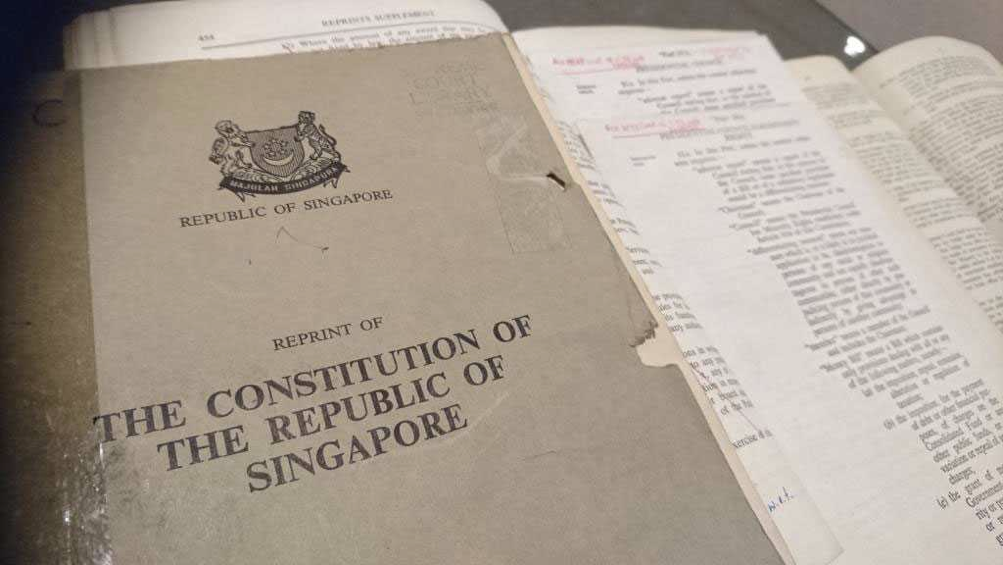
Article 152 — “Malay privilege”?
The Cambridge dictionary defines ‘privilege’ as ‘the way in which people who are rich, come from a high social class, or belong to a particular race or gender have more advantages in society than people who do not belong to these groups’.
ADVERTISEMENT
Before we further examine whether there are advantages conferred on Malays by virtue of their race, it is noteworthy that this hypothetical discussion asks whether “Malay privilege” exists rather than using the term “minority privilege”.
Just like it is less helpful to use vague and broad terms such as “majority privilege” (which almost always exists in most, if not all contexts, because there is strength in numbers), it is essential to identify and scope the group being referred to here.
After all, while those who are privileged often belong to those in the majority, privilege can exist in many forms and for different groups of people, for instance, with certain races in other countries, able-bodied people, males of certain races, heterosexuals, or those with high socioeconomic status.
It is never solely attributable to the fact that they belong to the majority. Still, to avoid “always attributing privilege to race”, we need to demarcate what it is when it is indeed the case. This is not an overemphasis on racial divides and identity but a framing that is necessary to recognise the role that race admittedly plays in our lives.
In private conversations and through online discourse over the years, several examples of how some advantages have been conferred on the Malay community by virtue of their race alone have emerged. These include recognising Syariah law and the declaratory proclamation of Malay being enshrined as Singapore’s national language. In truth, these ‘unearned advantages ‘do little to uplift and propagate equity in the Malay community.
Advantage 1: The Syariah court and Muslim Law
Historically, Singapore’s pluralistic legal system can be traced back to when Singapore was a British colony. It is, in essence, a colonial inheritance.
According to Ahmad Nizam Bin Abbas, in “The Islamic Legal System in Singapore“, over time, a combination of statutes and court cases developed laws governing Muslims in Singapore. At present, Muslim Law only governs matters of marriage, divorce and inheritance for Muslims.
Hawah v. Daud is the earliest reported judicial decision in which a court refused to apply to Muslims, British common law, which automatically transfers ownership of property to a woman’s husband upon marriage. Under Muslim Law, Muslim women who entered marriage do not lose the capacity to hold property in their own names, thus entitling them to the matrimonial property upon divorce.
While some will argue that having a separate legal system is an advantage, it bears understanding that the Syariah court and Muslim law in Singapore merely provide Muslims with a system per Islamic principles and practices. It also aims to provide better protection for women who were often divorced easily in the past.
If citizens of other religious denominations have a separate way of handling divorce, marriage, and inheritance that our common law system cannot fully and accurately represent, similar flexibility and rights should be accorded to them.
Allowing Muslims to freely practise their religion in key aspects of their lives such as marriage, divorce, and inheritance should be viewed as conferring equal rights and freedom instead of an advantage over other groups.
Advantage 2: Minister-in-Charge for Muslim Affairs
Historically, the Muslim Minister in the cabinet was entrusted with the additional responsibility of overseeing Muslim affairs in Singapore. The post of “Minister-in-Charge of Muslim Affairs” was nonexistent until 1977, when then Deputy Prime Minister, Goh Chok Tong, stated in a press conference to announce the new cabinet line-up after the 1984 General Election that Dr Ahmad Mattar would be in charge of the administration of the Majlis Ugama Islam Singapura (MUIS).
According to the book “Majulah! 50 Years of Malay/Muslim community in Singapore”, this was how the title came about, and the position has stuck ever since.
Those who argue that having a minister in charge of Muslim affairs is an advantage often compare the position to the glaring absence of a designated minister for other religious groups.
However, it has to be acknowledged that this role exists more as a custodian that oversees decisions and operations of MUIS, Mendaki, and any matters that relate to the Muslim community rather than one where the Minister can provide certain advantages to the Muslim community.
One only has to recall the March 2021 parliamentary speech made by the current Minister-in-charge of Muslim affairs, Masagos Zulkifli, on banning the tudung at certain public service workplaces to realise that it is not the case that a Minister in this position would always advocate for Muslim rights.
During the debate, the Minister had labelled the tudung issue as divisive, suggested that the tudung was a visible religious marker that would be contrary to the visible sign of fair service accorded by a uniform, and advised Muslim women not to withdraw from workplaces when they are being made to choose between their religious and professional duties.
Singapore-based advocacy group, Lepak Conversations, has published a detailed breakdown of the debate and why what was said was so hurtful to Muslim women. While it is believed that the Minister-in-charge of Muslim affairs did his job to the best of his abilities, that speech in parliament did more harm than good for Muslim women, as evidenced by the reaction of the Muslim community and its allies, who were quick to write to the Minister and express their displeasure. Many felt gaslighted and hurt.
Origins of MUIS and Mendaki
While the appointment of a Minister-in-charge of Muslim Affairs may serve some operational purpose that we may not fully comprehend, it also gives the unfavourable impression that the Muslim community requires more management and supervision than others.
With the mention of MUIS and Mendaki above, it is worth exploring why these two bodies were set up. According to the National Library Board’s infopedia page, MUIS was set up to advise the president of Singapore on all matters relating to Islam in Singapore. Its principal functions include the administration of zakat (tithe), wakaf (endowment), pilgrimage affairs, halal certification, as well as madrasah and Islamic education.
Yayasan Mendaki, on the other hand, was established as a self-help group to assist students and individuals in the areas of education and training, uplift the Malay/Muslim community’s educational performance and develop its resilience and adaptability.
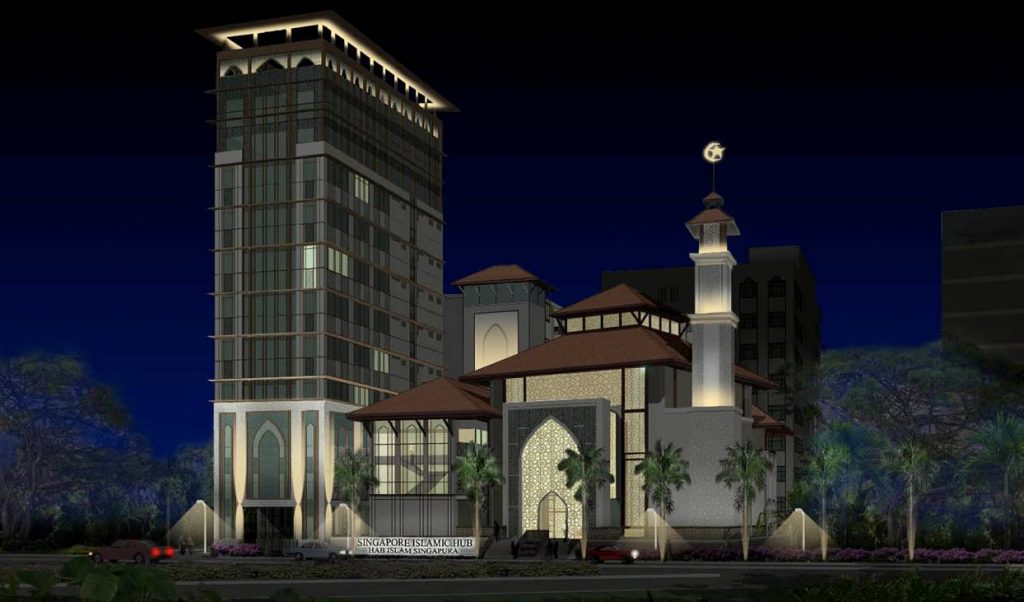
Malay organisations established on tired stereotypes
However, in the same nation-building speech in 2009, then Minister Mentor Lee Kuan Yew mentioned that “We will not be able to get a Chinese Minister or an Indian Minister to persuade Malay parents to look after their daughters more carefully and not have teenage pregnancies which lead to failed marriages; subsequent marriages also fail, and delinquents… But we have funded Mendaki and MUIS, and they have a committee to try and reduce the number of such unhappy outcomes”.
With the objective of reducing “unhappy outcomes” of teen pregnancies and failed marriages—societal issues that are not exclusive to the Malay community—it appears that one of the reasons behind the establishment of MUIS and Mendaki, which, while some could argue to be well-intentioned, was based on tired stereotypes and an oversimplification of what led to these issues in the first place.
According to the World Health Organisation (WHO), adolescent pregnancies are more likely to occur in marginalised communities, commonly driven by poverty and lack of education and employment opportunities. As far as is known, while studies have shown how the Malay community has the highest rate of teen pregnancy, no research has been done in Singapore as to the correlation between socioeconomic background and teen pregnancy.
Advantage 3: Education at a heavily subsidised rate
Another point commonly raised to prove that Malays enjoy some form of privilege is the argument that education has been made much cheaper for Malays. It is true that the government heavily subsidises education costs for Malays up to the University level. However, this is not an advantage but a measure to make up for the disadvantage faced by Malays in the colonial era.
According to Pang Eng Fong, in The Economic Status of Malay Muslims in Singapore, before the 1950s, the British authorities provided few opportunities for Malays to study English. As a result, Malays were not proficient in English and had minimal occupational choices. Limited job opportunities meant that most Malays belonged to the lower-income bracket and a lower social class.
A detailed analysis of British policies on Malay education can be found in Sharom Ahmat’s “Singapore Malays, Education and National Development,” in Malay Participation in the National Development of Singapore.
The Malays’ historical inequalities were also partly due to the myth of the lazy native, crafted by the British. This has been studied and discussed by Syed Hussein Al Atas, who explains that the Malay population was labelled as ‘lazy’ because they refused to participate in colonial exploitation in the form of high-risk jobs for minimal wages.
The lack of English education in the early throes of independence put the Malays at a disadvantage and severely affected the community’s opportunities in later generations. Given the historical inequality experienced by Malays during the colonial era, it is only equitable that the Malays are afforded more resources to help level the playing field for them.
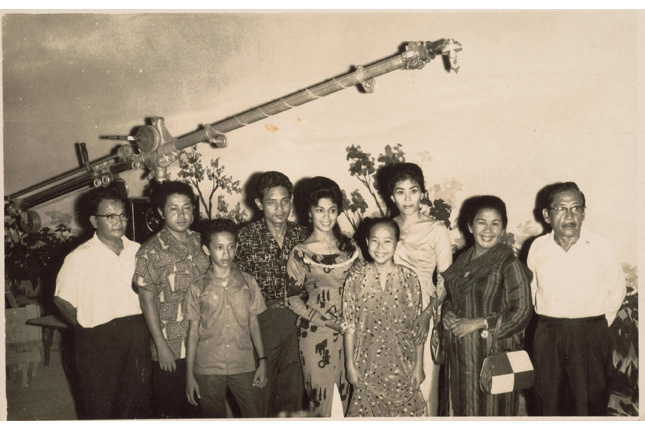
Advantage 4: Malay as Singapore’s National Language
Article 153A(2) of the Constitution states that the national language shall be the Malay language. Some have argued that having one’s language be the national language is an advantage, as it confers importance and some form of superiority over other official languages in Singapore. However, ironically, this is a clear example of how the articles in the Constitution relating to the Malay community are merely declaratory, with no substantive advantage conferred on Malays.
Still, although it is the national language, Malay is not a language that all Singaporeans can speak. While it is the national language, it is not considered a language worth preserving in the manner that the Chinese language is via Special Assistance Plan (SAP) schools.
Being a native Malay speaker has seldom (if at all) given a Malay person an advantage. One needs to simply ask job-seekers in Singapore how many times they’ve been asked if they could speak Mandarin instead.
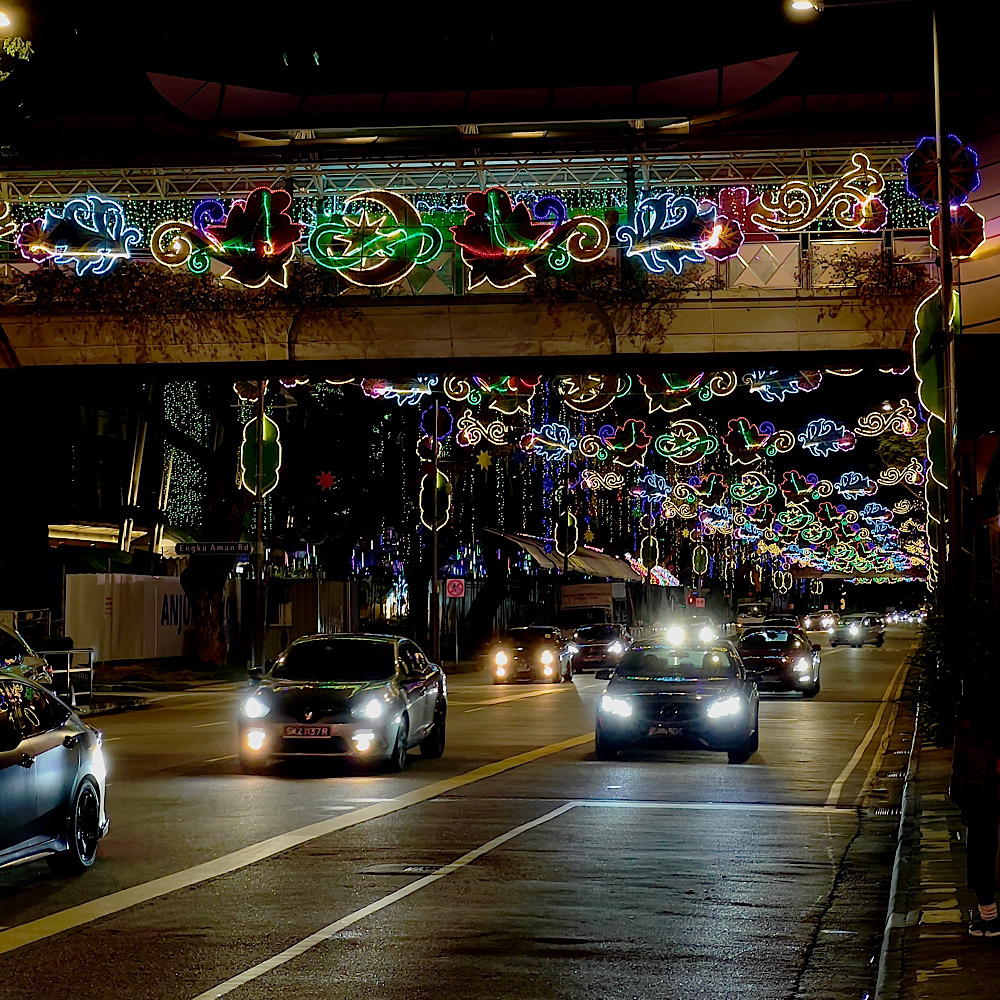
The true repercussions of Article 152
According to Eugene Tan, an Associate Professor of Law at the Singapore Management University, “The constitutional safeguards as provided for in the article should be construed as political rather than legal”.
Likewise, “the constitutional exhortation for the government to care for racial and religious minorities does not mandate affirmative action for them”.
In addition, he mentions that “Article 152 should be seen as a shield, rather than a sword, that the minorities can use collectively against the government of the day if it fails to care adequately for them. Any government that fails to honour the spirit and substance of Article 152 will suffer the consequences at the ballot box.”
The above means that, on its face, Article 152 cannot be used by the Malay community against the government if its interests are not protected. The only recourse that Malays would have would be to vote the government out, just like everyone else.
Still, as a declaratory aspiration, Article 152 has done little to ensure that the interests of the Malay community are protected, let alone prioritised.
Allies of the Malay community who know this must, now, more than ever, lend their voices and support the interests of Malays who continue to face discrimination and have fewer opportunities and resources.
The IPS survey found that it was much more important to respondents from the minority races that the Chinese community voice support for them after racist incidents occur and support efforts to change policies that impact minorities. However, only 39.5 per cent of Chinese respondents thought it would be helpful to do the former, while 35.4 per cent of Chinese respondents thought it was essential to do the latter.
Allies can do much more by helping the Malay community make actionable changes. If an issue affects the Malay community, amplify our voices by listening, learning, and advocating with us.
As for Malays who now know the effect of Article 152, it should be noted that the limited value of Article 152 is in its recognition of the Malays as the indigenous people of Singapore. Until Article 152 is invoked in a constitutional challenge over a matter relating to the interests of the Malay community, we will never truly know of its legal effect.
Until then, Malays should not rely on Article 152 alone to protect their community’s interests. On top of holding the government accountable at the ballot box, the community must pay close attention to anti-discriminatory legislation for the workplace, policies relating to race relations and legal protection for race-related offences.
So, to answer the question posed by this piece, no, Article 152 does not make Malays special. We may regard Article 152 similar to the Malay idiom “murah di mulut, mahal di timbangan”, meaning an empty promise that is difficult to, or will not be, fulfilled.
Only through increased awareness, community advocacy, and fostering strong relationships with its allies will the Malay community adequately protect its rights and interests.

